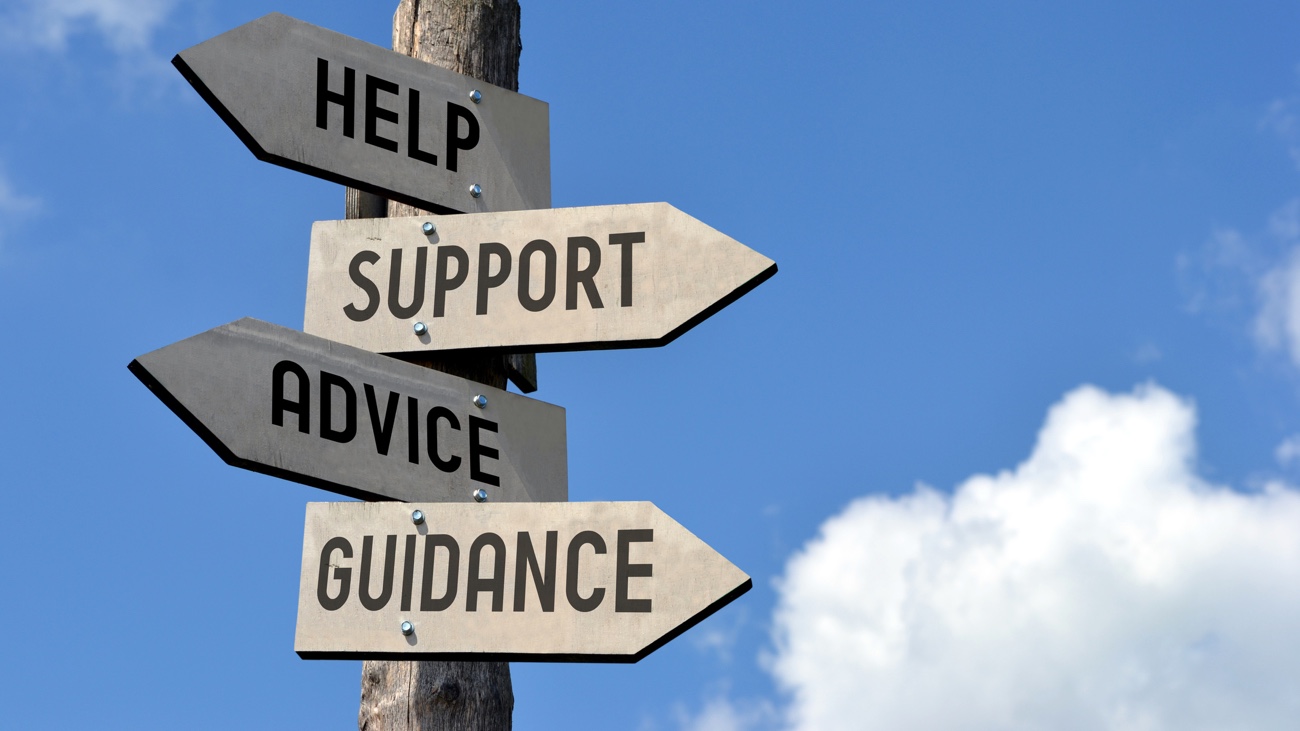
As the associate dean of academic at the College of Law, University of Saskatchewan, part of my job is to meet with students when they have concerns about a class or with school in general. In my experience, most students overcome their problems and go on to become successful lawyers. But some decide law school isn’t for them. And others decide they’re not in a place where they can succeed. If that’s how you feel right now, I’m writing this article for you.
Many students who approach me are overwhelmed and stressed out by the law school experience. As professors, we know the pressure they’re under. Grades and competition for jobs are no doubt a source of endless stress. This often escalates and manifests in both mental and physical symptoms. Many students tell me they experience heartburn or nausea. Others have trouble sleeping and feel tired all the time. Some report forgetfulness and difficulty making decisions. Many say they eat more than usual; others find eating difficult.
If you are experiencing any of those symptoms, you’re not alone. And it’s not shameful to struggle in law school: getting used to a new environment and learning a new way of thinking can be disorienting.
Another source of stress that grapples students comes from the grade-drop they experience once they enter law school. All of them were academically successful in undergrad, so the grade drop comes as a blow to their self-esteem.
But it shouldn’t. There are several reasons for this. First, law students, on average, perform better academically than their peers in pre-law courses. This means the expectations are higher in law programs. Second, law classes are quite different from classes in other disciplines. There’s more ambiguity in the content taught than students may have previously experienced. The exams tend to focus more on the application of knowledge, as opposed to its reproduction. All of this makes it challenging for students to achieve the same grades they did pre-law.
At times, students may experience self-doubt and wonder whether they measure up to their peers. This can lead to strong feelings of isolation. Based on my experience talking to students, you’re not alone in feeling this way — many of your peers share your anxiety.
So if you’re feeling isolated, or experience symptoms of stress, I strongly encourage you to seek help. It’s important that you speak to someone about it. All law schools have resources to help you get through these difficult experiences. Make an appointment with your university’s counselling service and speak to your associate dean if you don’t know how to access them or have trouble getting a timely appointment. If you have thoughts of self-harm, contact a counsellor, your associate dean or your local crisis line immediately (their contact information can be found online). I believe that, to succeed in law school, students must have a basic level of wellness. So come forward for help if you need it.
